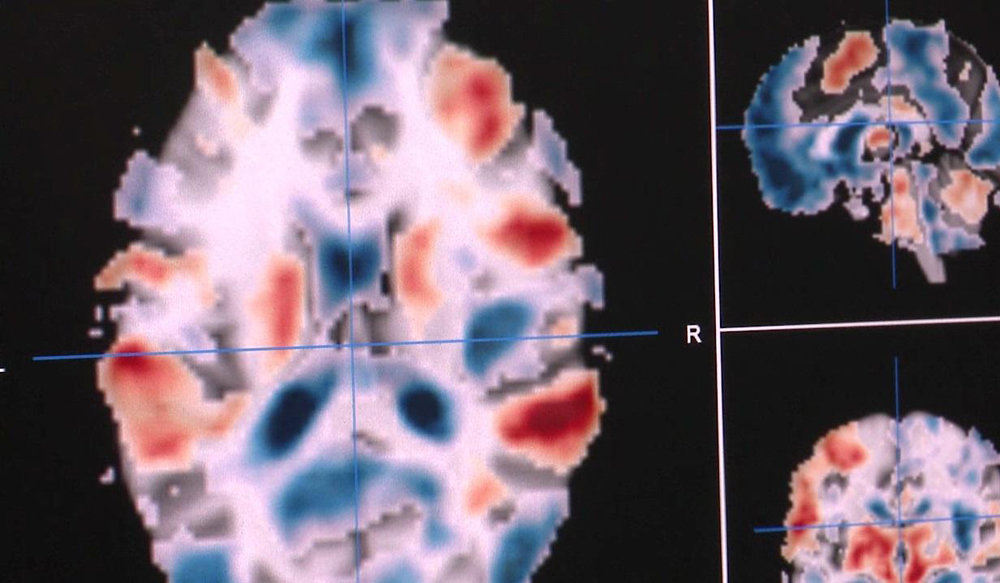
It turns out the fastest way to heal and start caring for ourselves is to help and care about others
Some people have the misfortune to have been born to abusive
parents who belittled them and prevented them from developing a healthy
self-esteem. Others are born predisposed to view themselves in a negative light because of their physical appearance, a disability, or for no reason anyone, including themselves, knows. Research has consistently supported the notion that it's difficult to be happy without liking oneself. But how can one learn to like oneself when one doesn't?
What parts of ourselves do we dislike? People filled with self-loathing typically imagine they dislike every part of themselves, but this is rarely, if ever, true. More commonly, if asked what specific
parts of themselves they dislike, they're able to provide specific answers: their physical appearance, their inability to excel academically or at a job, or maybe their inability to accomplish their
dreams. Yet when presented, for example, a scenario in which they come upon a child trapped under a car at the scene of an accident, that they recoil in horror and would want urgently to do something to help rarely causes them to credit themselves for the humanity such a reaction indicates.
Why do self-loathers so readily overlook the good parts of themselves? The answer in most cases turns out to relate not to the fact that they
have negative qualities but to the disproportionate weight they lend them.
People who dislike themselves may acknowledge they have positive attributes but any emotional impact they have simply gets blotted out.
Comment: Negative qualities and the narratives attached to them are not the full measure of who we are and we do not need to define ourselves by what those narratives say. No matter how much the
negative introject can make it seem like you are worthless or no good, it's important to remember to try and keep things in perspective. Part of the reason why being of service to others can be invaluable for self-worth and self-esteem is because taking an interest in the lives of others helps us to see that we aren't the center of the universe, and neither are our negative qualities.


Comment: Further reading